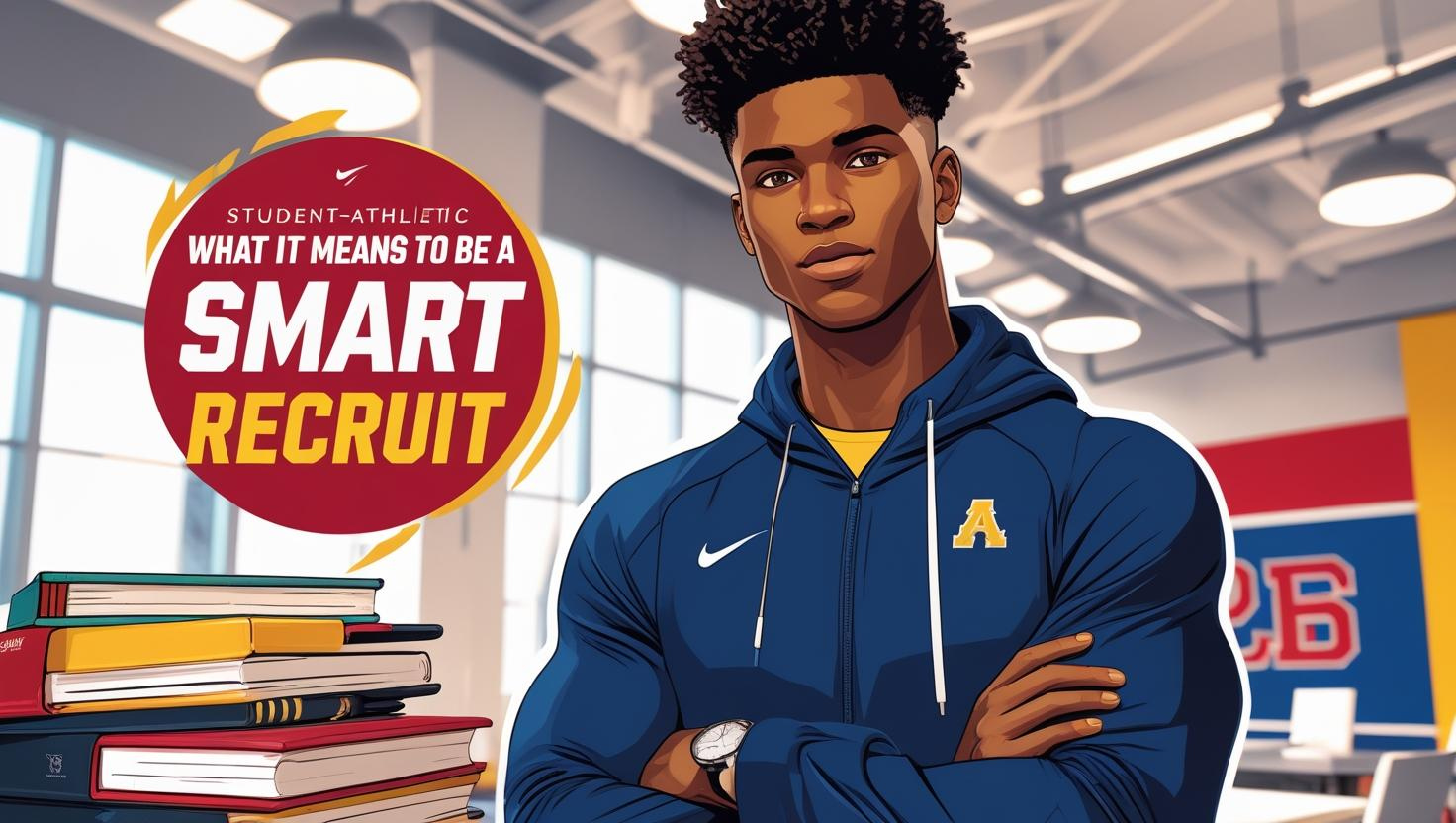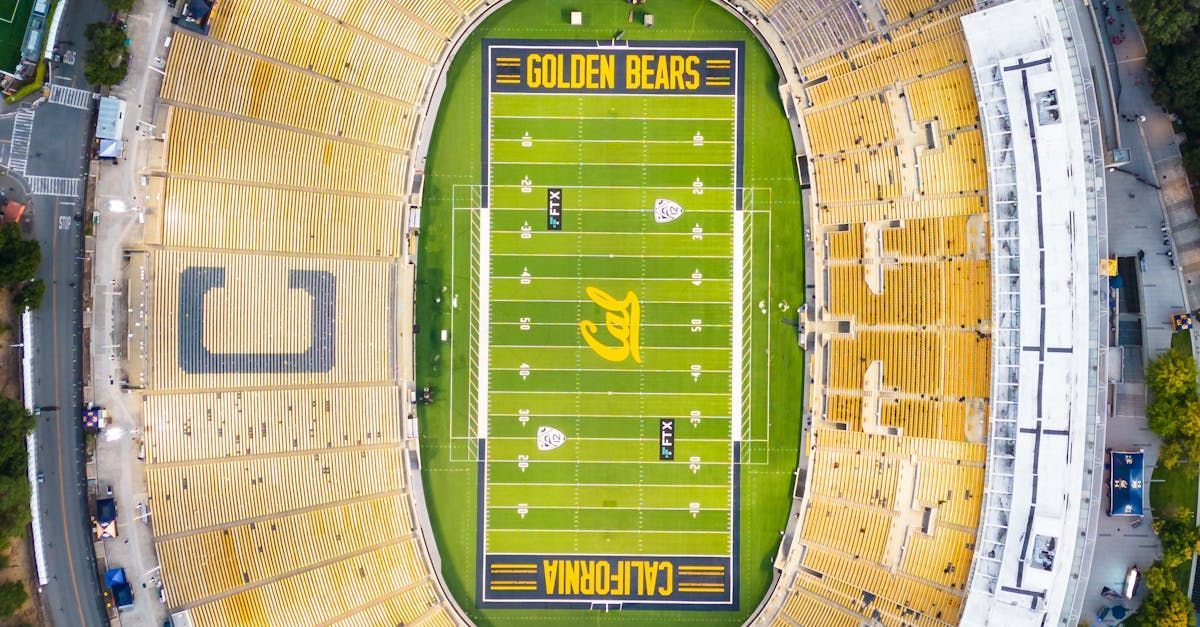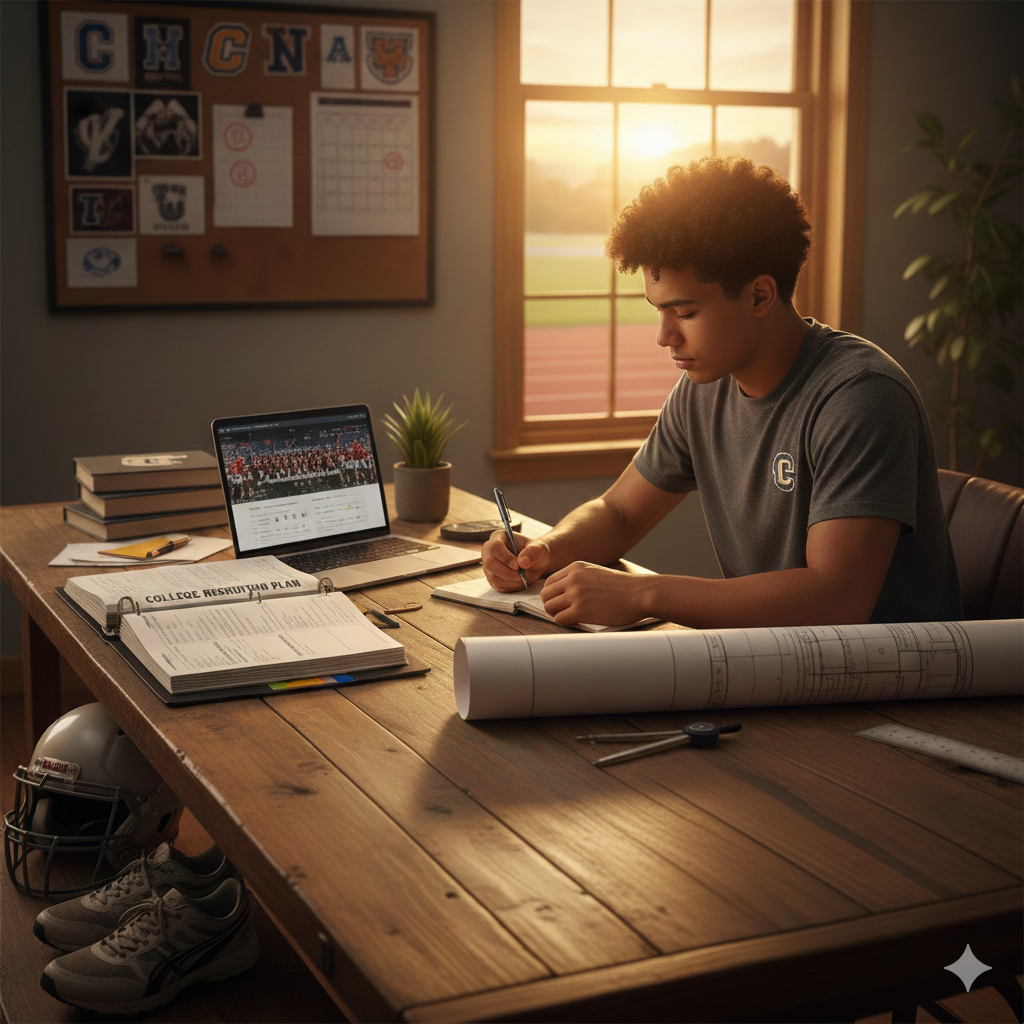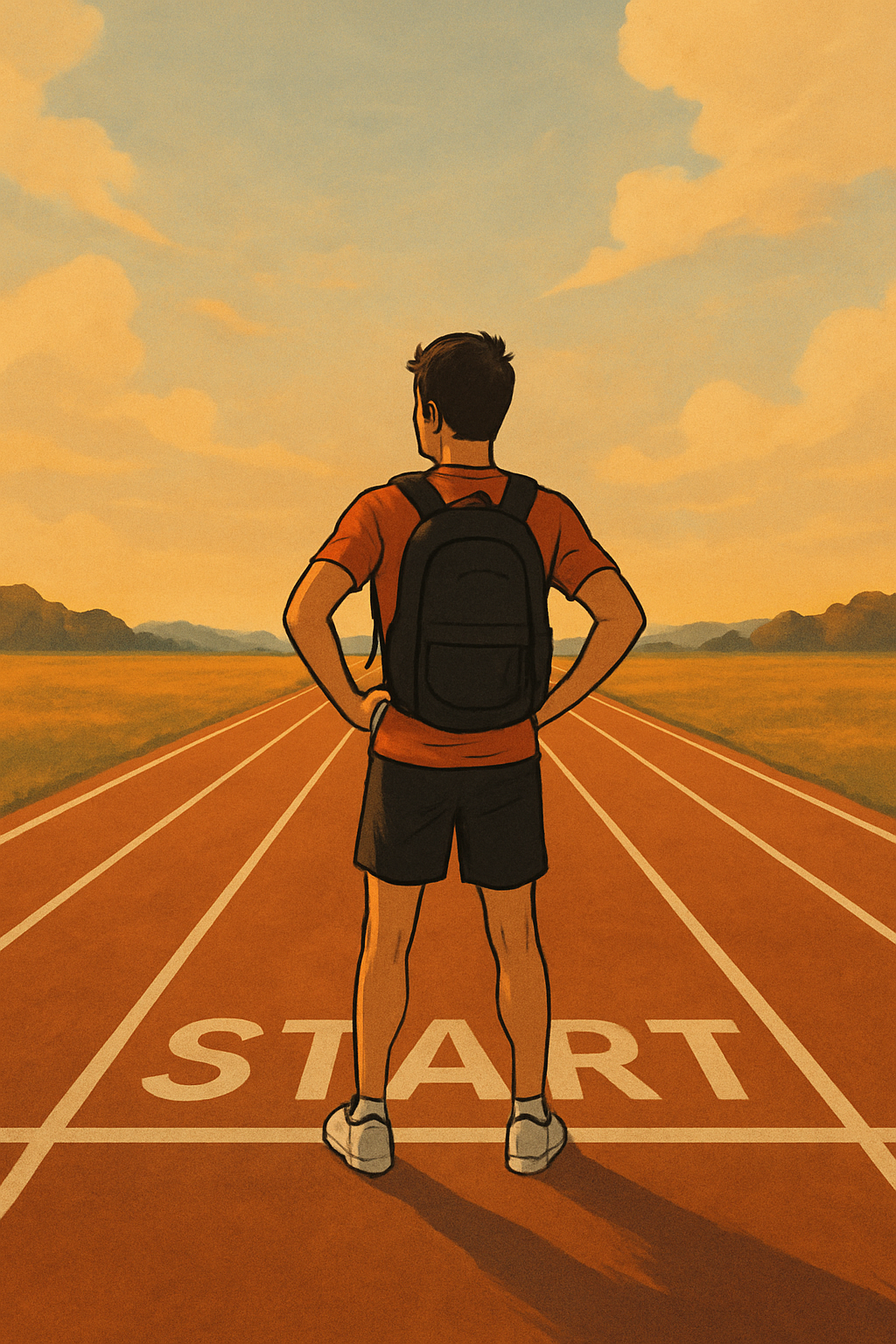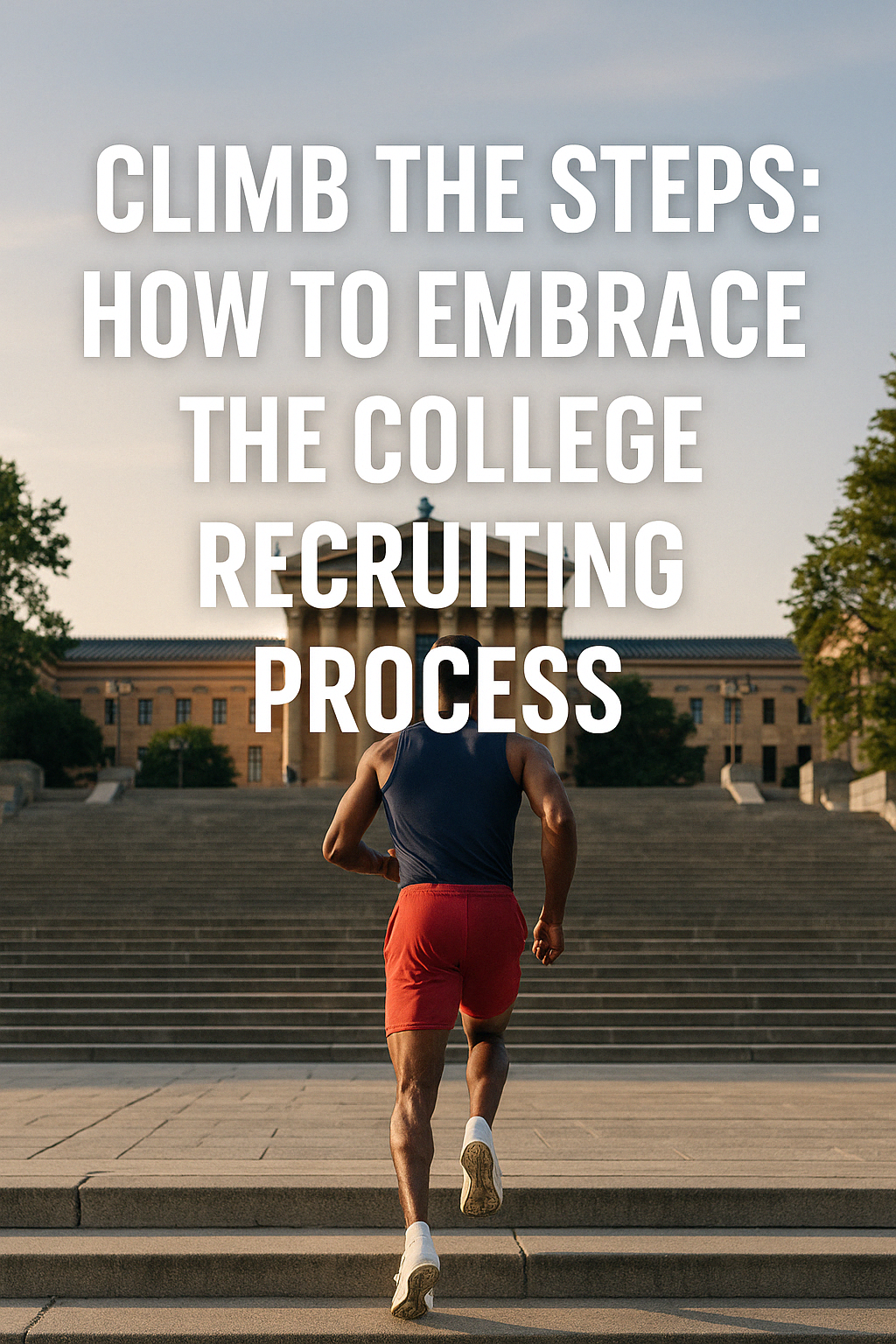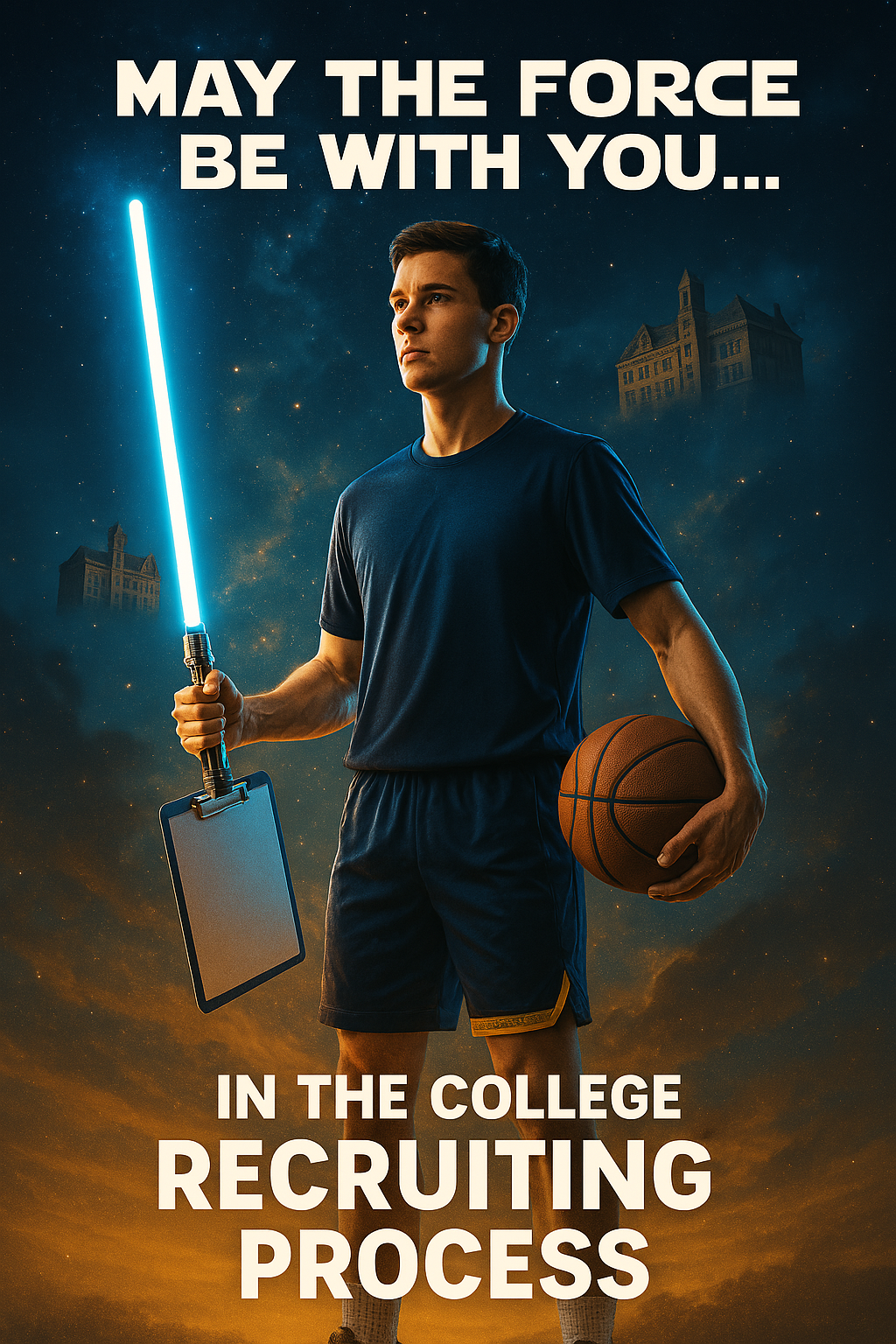You Get A Scholarship, You Get A Scholarship
If you've ever envisioned athletic scholarships being handed out as generously as Oprah's famous cars, it's time for a reality check. The journey to securing an athletic scholarship is far from the straightforward giveaway many imagine.

"While athletic scholarships can open doors to education and opportunities, they should not become the sole holy grail for student-athletes. True success lies in the pursuit of academic excellence, personal growth, and a well-rounded education that goes beyond the field. Let your passion for sports fuel your drive, but let the quest for knowledge and character be the guiding force on your journey to success."
Coveted Athletic Scholarships:
Athletic scholarships are the Holy Grail for high school student-athletes across the country. However, it's crucial to understand that only the best of the best will receive some form of athletic aid to pursue their academic and athletic careers in college.
Debunking the Myth with Numbers:
To debunk the myth surrounding athletic scholarships, let's delve into the numbers. Out of the 8 million high school student-athletes in the USA, approximately 7% will continue their athletic careers in college. The odds for those aiming to play at the NCAA DI level is about 2%. Receiving any form of athletic aid drops to less than 2%, and a full athletic scholarship is even rarer, granted to less than 1% of high school student-athletes.
College Athletics Landscape Infographic
Types of Athletic Scholarships:
Understanding the types of athletic scholarships is crucial. Head Count Sports, like NCAA DI Men’s Basketball, have a fixed scholarship limit, while Equivalency Sports offer flexibility in distributing the total scholarship allocation among multiple athletes.
- Head Count Sport - means the stated scholarship limit is absolute, and the number of student-athletes receiving awards cannot exceed this number. For example, NCAA Division I Men’s Basketball is a head count sport and can offer 13 Full Scholarships, which means only 13 players can receive athletic aid. Head count sports are only found in NCAA Division I. The following are Head Count Sports (Maximum # of Scholarships Offered per Program)
- ● Men's Basketball (13)
- ● Women's Basketball (15)
- ● Football; FBS (85)
- ● Football; FCS (65)
- ● Women's Gymnastics (12)
- ● Women's Tennis (8)
- ● Women's Volleyball (12)
- Equivalency Sport - means financial aid awards can be split into partial scholarships in any proportion up to the maximum allowed. For example, NCAA Division I Women's Soccer is allowed to offer a maximum of 14 Scholarships. A coach could divide those scholarships any way they would like. All other Division I Sports, NCAA DII, NAIA, and NJCAA are equivalency sports.
Passion Over Scholarships:
In the pursuit of athletic excellence and the coveted athletic scholarships that accompany it, the heart of the matter often gets overshadowed by the allure of financial assistance and recognition. It becomes imperative to pause and reflect on the essence of sportsmanship – the passion, joy, and excitement that should be the driving force behind every athlete's journey. Passion is the North Star that should guide every athlete through the highs and lows of their sporting endeavors. It's the intrinsic love for the game that fuels the countless hours of practice, the perseverance through setbacks, and the unbridled joy experienced in each moment on the field. When passion takes center stage, the pursuit of athletic excellence transforms into a meaningful and fulfilling odyssey.
Joy Beyond Victory:
While victories and accomplishments are undeniably thrilling, the true joy of sports lies beyond the scoreboard. It's in the camaraderie forged with teammates, the personal growth cultivated through challenges, and the sheer delight found in the process of improvement. When joy becomes the primary motivator, every practice, game, and competition becomes a source of fulfillment, irrespective of the outcome.
Excitement in the Journey:
The journey towards athletic prowess is a marathon, not a sprint. Excitement in the journey is the unwavering belief that every step, every challenge, and every triumph contributes to personal development. It's about relishing the process of becoming a better athlete, a stronger individual, and a resilient team player. When excitement permeates the journey, the pursuit of excellence becomes a continuous adventure rather than a destination.
The Pitfalls of Playing Solely for Scholarships:
Playing solely for the prospect of scholarships can lead athletes down a perilous path. When the primary focus is on the end goal of financial aid, the purity of the game may be compromised. Burnout, stress, and a sense of inadequacy can overshadow the joy that should be inherent in every athletic endeavor. Additionally, the pressure to meet scholarship expectations may overshadow the intrinsic motivation that should drive an athlete to reach their full potential.
Academic Excellence as a Cornerstone:
While athletic prowess is a significant factor in the scholarship pursuit, academic excellence should not be overlooked. Many colleges and universities prioritize well-rounded student-athletes who excel both on the field and in the classroom. A strong academic record enhances the overall profile of a student-athlete and opens doors to a broader range of academic and merit scholarship opportunities. Fact: There are more Academic and Merit Scholarship Funds available than there are Athletic Scholarships.
Timing in the Recruiting Process:
The recruiting process is a journey where scholarships should be the destination, not the starting point. Coaches want to know who you are as a student, athlete, and person before delving into financial discussions. Bringing up scholarships too early can be a mistake.
- Explore All Options: Keep an open mind during the recruiting process. Explore all your options and opportunities before narrowing down choices. Selecting the right school involves considerations beyond just scholarships – academics, athletics, and personal fit play a crucial role.
- The Importance of Patience and Persistence: Patience and persistence are virtues that every aspiring student-athlete should cultivate. The journey to securing an athletic scholarship is rarely instantaneous. It requires sustained effort, continuous improvement, and the ability to bounce back from setbacks. Student-athletes should embrace the process, understanding that success often comes to those who persevere.
- Life Beyond Scholarships: While scholarships are undeniably prestigious and financially beneficial, they are not the sole measure of success. Student-athletes should consider the broader aspects of personal development, lifelong skills acquired through sports, and the potential for future opportunities. Life beyond scholarships includes building character, resilience, and a love for the game that extends far beyond the college years.
Congratulations to those fortunate enough to be offered an athletic scholarship; it's an incredible accomplishment considering the challenging statistics. Reflect on the time, energy, sacrifices, and commitment that led to this moment. Until then, focus on academics, becoming a better athlete, and finding a school that satisfies all your needs. Remember, the journey is about more than just reaching the scholarship summit; it's about enjoying the climb and finding the right path for your academic and athletic
